Curriculum and Policy
The need for Indigenous early childhood education is established in the Truth and Reconciliation Commission (TRC) Calls to Action and the United Nations Declaration on the Rights of Indigenous (UNDRIP).
The TRC, in effort to redress the legacy of residential schools and advance the process of reconciliation calls upon the federal, provincial, territorial, and Indigenous governments to develop culturally appropriate early childhood education programs for Indigenous families. Further, Article 14 of UNDRIP affirms Indigenous rights to establish, control, and access educational systems and institutions when possible in their own languages, in a manner appropriate to their cultural methods of teaching and learning.
The Indigenous Early Learning and Childcare (IELCC) Framework stems from a collaboration between First Nations, Inuit and Métis peoples and the Government of Canada aimed at establishing a shared vision and operating principles. This is achieved through a comprehensive and coordinated system of ELCC policies, programs and services led by Indigenous peoples, rooted in Indigenous knowledges, cultures and languages, and supported by strong partnerships of holistic, accessible and flexible programming.
To support the implementation of the Indigenous ELCC Framework, the Indigenous ELCC Transformation Initiative was established. The umbrella Terms and Conditions set by the Initiative are meant to enable inter-sectoral coordination (notably of investments between the federal departments responsible for Indigenous ELCC), and support more flexible, Indigenous led approaches and collaboration. To this end, new national and regional partnership tables have been initiated since 2018 to set priorities for Indigenous ELCC programming and recommend program and community allocations.
Inadequate and unequal community funding remains a barrier to improved collaboration among early childhood programs. Underinvestment in Indigenous early childhood programming (training and professional development of early childhood professionals included) and disjuncture across streams of programming leave professionals disconnected from one another. The effects of this disunity and chronic underfunding cannot be tackled by a single program but rather must be addressed through coordinated and carefully structured processes across existing programs.
ECEC curriculum is innately related to and informed by policy, and the vision for the TREE network is supported by recommendations put forth in the IELCC Framework. By providing a space for collaboration, co-learning and sharing, the TREE Network supports the ongoing development of culturally appropriate and embedded early learning and childcare programming for Indigenous children and their families across Canada.



